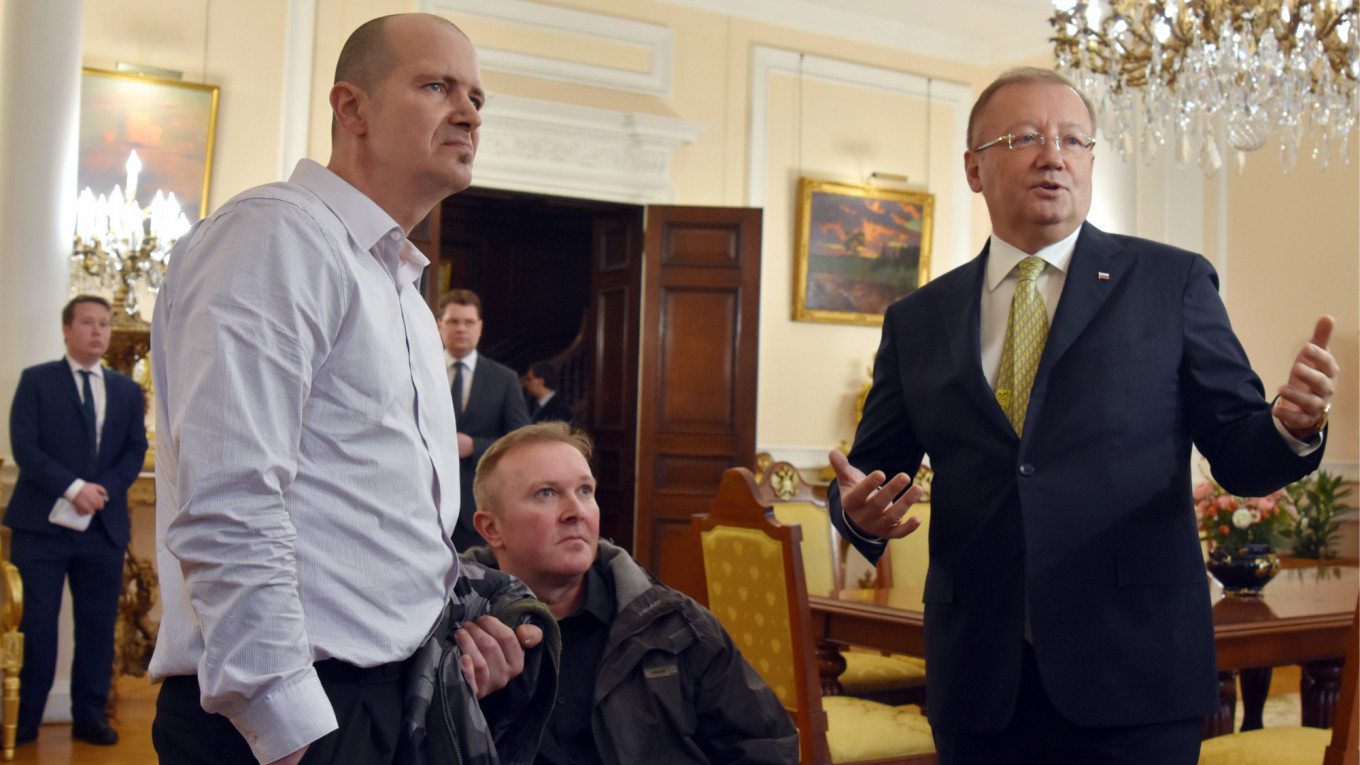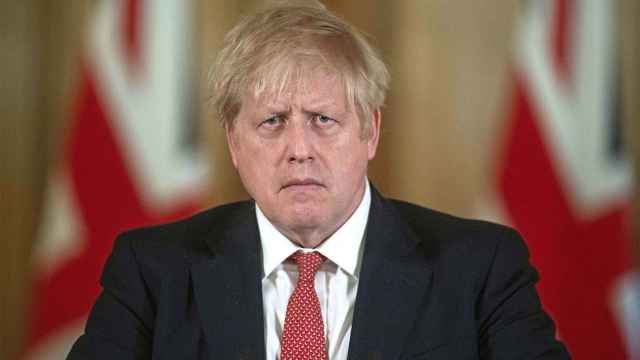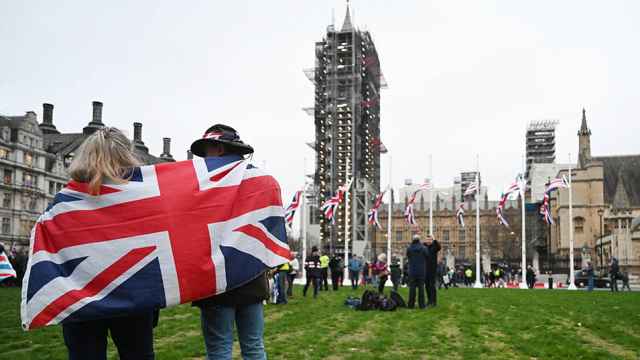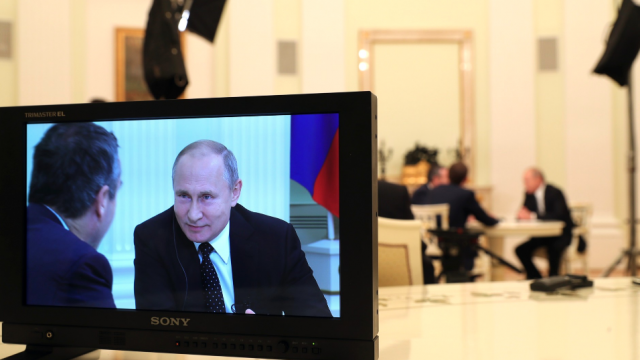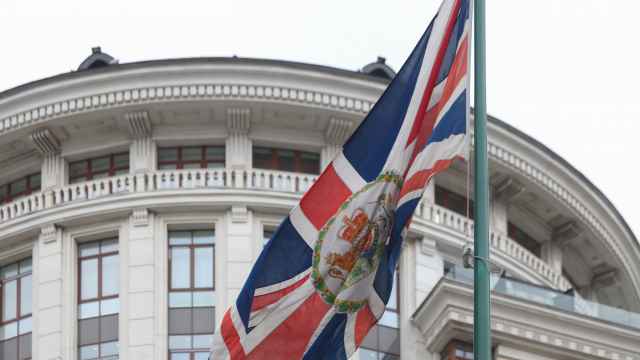A British man whose partner died after being exposed to nerve agent Novichok was told by Russia's ambassador that Moscow could not have been behind the attacks because they would have "killed everyone," he told the Sunday Mirror newspaper.
Charlie Rowley, who was also exposed to Novichok after coming across a perfume bottle contaminated with the nerve agent last year, met Russian Ambassador Alexander Yakovenko on Saturday to ask him why Moscow had killed his girlfriend.
"But I didn't really get any answers. I just got Russian propaganda," Rowley told the Mirror. "The ambassador kept saying the substance definitely wasn't the Novichok they had made because if it was, it would have killed everyone."
The embassy said in a statement Moscow still wanted a transparent investigation into the March 4, 2018 attacks in the English city of Salisbury but accused the British authorities of "hiding the circumstances of the incident."
Last year, British prosecutors identified two Russians they said were operating under aliases — Alexander Petrov and Ruslan Boshirov — whom they accused of trying to murder former Russian spy Sergei Skripal and his daughter with a military-grade nerve agent. Dawn Sturgess, Rowley's partner, died in July.
Britain charged the two men in absentia with attempted murder and said the suspects were military intelligence officers almost certainly acting on orders from high up in the Russian state. Russia has denied any involvement in the poisonings.
A Message from The Moscow Times:
Dear readers,
We are facing unprecedented challenges. Russia's Prosecutor General's Office has designated The Moscow Times as an "undesirable" organization, criminalizing our work and putting our staff at risk of prosecution. This follows our earlier unjust labeling as a "foreign agent."
These actions are direct attempts to silence independent journalism in Russia. The authorities claim our work "discredits the decisions of the Russian leadership." We see things differently: we strive to provide accurate, unbiased reporting on Russia.
We, the journalists of The Moscow Times, refuse to be silenced. But to continue our work, we need your help.
Your support, no matter how small, makes a world of difference. If you can, please support us monthly starting from just $2. It's quick to set up, and every contribution makes a significant impact.
By supporting The Moscow Times, you're defending open, independent journalism in the face of repression. Thank you for standing with us.
Remind me later.



